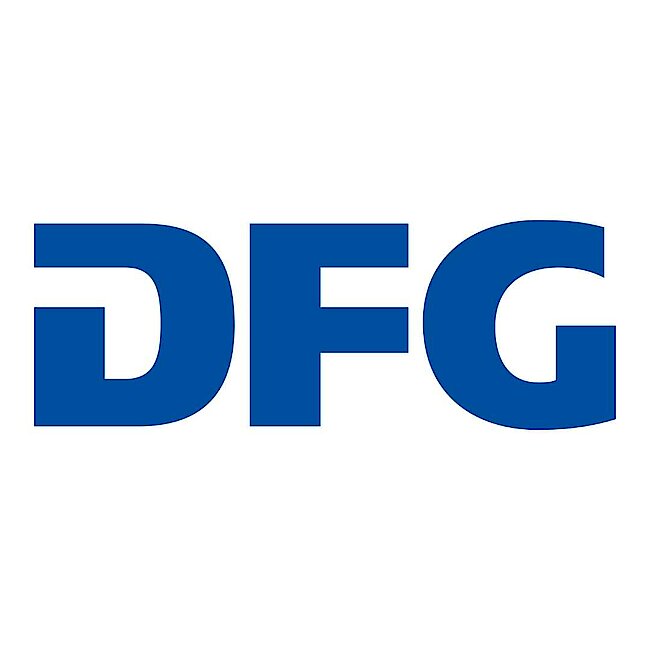
GRK 2561: Revolutionary Material Composites
An existing Research Training Group, GRK 2561 “Composite Materials”, will be extended for a further funding period. Since 2020, this research training group has been working on the development of novel composite materials that can withstand high temperatures and environmental conditions.
The aim is to develop materials that
- withstand operating temperatures above 1300°C: By combining refractory metal alloys and polymer-derived ceramic nanocomposites, the materials should exhibit both high temperature stability and self-healing capabilities.
- minimize thermally induced stresses: The material systems should have perfectly matched thermal expansion coefficients to reduce stresses and extend the lifetime of the materials.
The training of the doctoral students covers four fundamental areas:
- Development and production on a laboratory scale
- Analysis of feasibility for production scale
- Basic understanding of microstructure and properties
- Simulation and prediction of material behavior
Emmy Noether Program: Support for excellent young scientists
The DFG's Emmy Noether Program has also approved 23 new projects, including that of Dr.-Ing. Kevin Linka at the TU Hamburg entitled “Computational Intelligence for the Mechanics of Soft Materials”. This project aims to research and optimize the mechanical properties of soft materials using advanced computer methods.
IGK “Hy-Potential”: Advances in hydrogen technology
A particularly outstanding new Research Training Group is the German-Japanese IGK “Hy-Potential: Hydrogen - Fundamentals for Production, Storage and Transportation, Applications and Economy”. Hydrogen is seen as a key technology on the way to a renewable and carbon-neutral energy economy. RWTH Aachen University, under the direction of Professor Dr.-Ing. Heinz Pitsch, is working closely with the Tokyo Institute of Technology.
By funding these diverse research initiatives, the DFG is making a significant contribution to the further development and application of key technologies in Germany and internationally. The support of talented young scientists and the promotion of innovative research approaches are central building blocks for scientific progress and technological development.
![[Translate to English:]](/fileadmin/_processed_/f/0/csm_logodgm-4_b2722eeace.png)
![[Translate to English:]](/fileadmin/user_upload/logodgm-4.png)